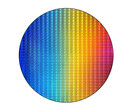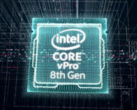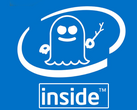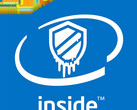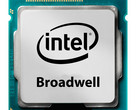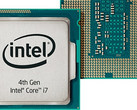Intel's newest patch for L1 Terminal Fault security vulnerability, which is related to Spectre and Meltdown, was met with immediate backlash when Bruce Perens revealed that Intel had banned benchmarking the performance on the new microcode. Although Intel has patched Spectre and Meltdown several times since the bugs were revealed, the company has never outright banned benchmarking performance on these new patches.
The legal documentation stated that one could not "publish or provide any Software [sic] benchmark or comparison test results." This means that a reviewer would not be able to compare pre patch and post patch performance results on the same machine to demonstrate whether or not performance had changed. Perens charged Intel with attempting to hide the performance loss of installing the company's security patches, saying, "The security fixes are known to significantly slow down Intel processors."
However, just a day later Intel revised the legal documentation for the patch. Intel told Tom's Hardware
We are updating the license now to address this and will have a new version available soon. As an active member of the open source community, we continue to welcome all feedback.
The new licensing agreement now states
Redistribution and use in binary form, without modification, are permitted, provided that the following conditions are met:
- Redistributions must reproduce the above copyright notice and the following disclaimer in the documentation and/or other materials provided with the distribution.
- Neither the name of Intel Corporation nor the names of its suppliers may be used to endorse or promote products derived from this software without specific prior written permission.
- No reverse engineering, decompilation, or disassembly of this software is permitted.
“Binary form” includes any format that is commonly used for electronic conveyance that is a reversible, bit-exact translation of binary representation to ASCII or ISO text, for example “uuencode.”
As well as disturbing the open source and enthusiast community, Intel's previous license prevented some Linux distributors from releasing the microcode, fearing that the company may take legal action. Intel's newest license is far simpler than it was previously, and benchmarks comparing performance will inevitably come out.



